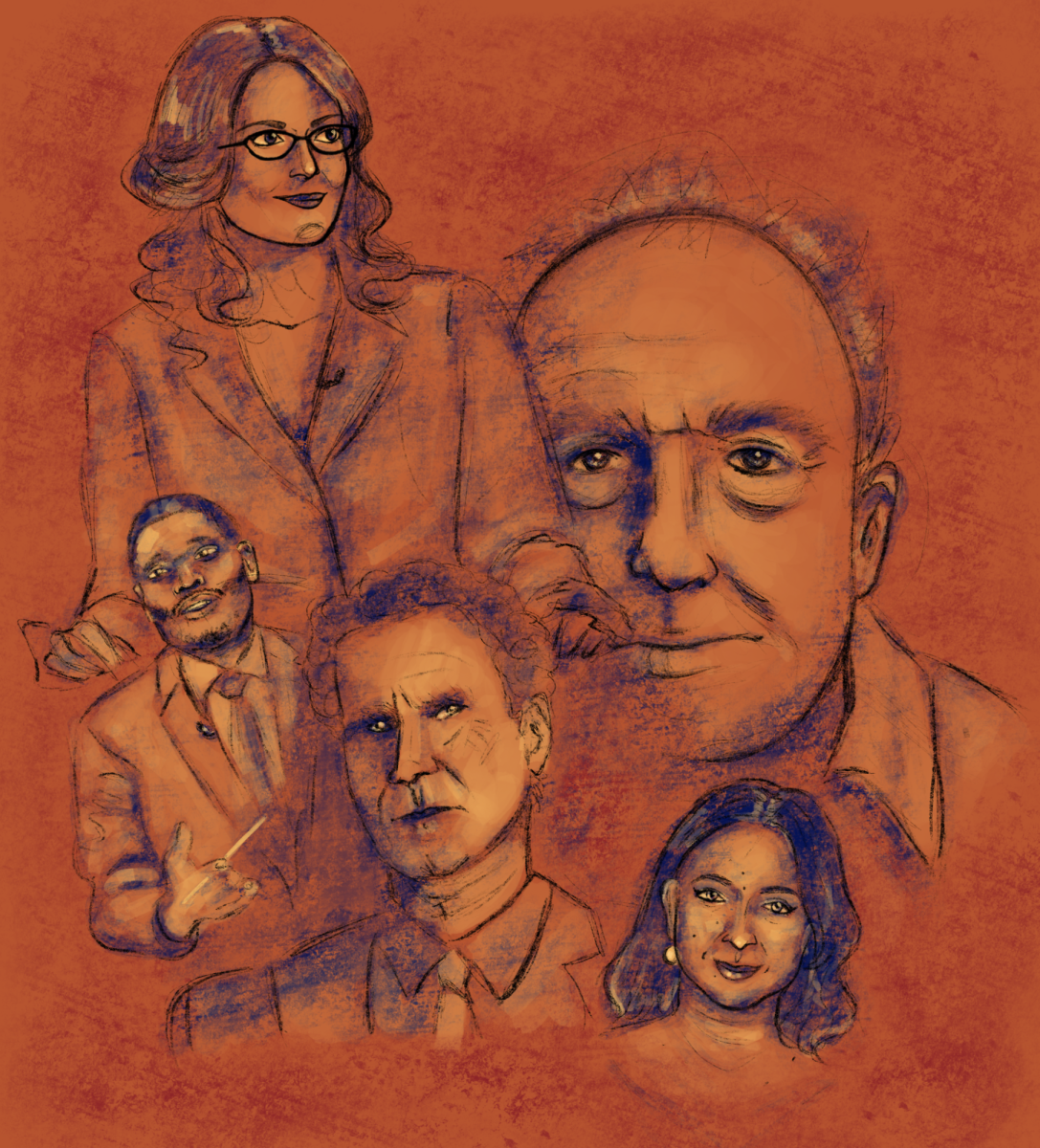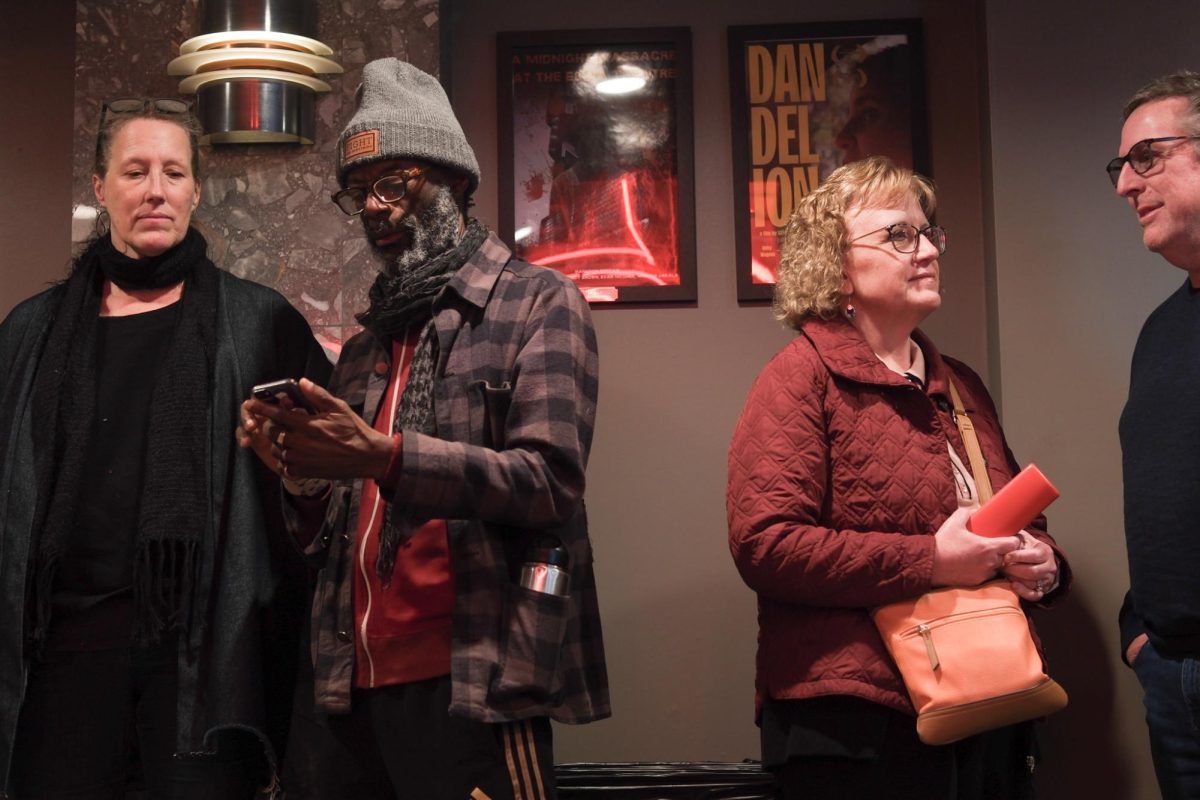Movies are outlets for emotion. They are designed to invoke strong feelings of fear, joy, and sadness, and they try to put people into the shoes of the main character. All artwork does this, but movies are the most advanced at making humanity feel the strongest about things like depression. However, it can sometimes be difficult for a movie to emulate strong negative or positive emotions, including depression, and the production’s effectiveness can be impeded by certain processes in the movie-making industry.
Imagine a relatively cheerful actor who takes on a deeply emotional role. They’re going to have a lot of trouble replicating the behavior written in the script, especially if the movie is adapted from another text, like a book. Depressing roles often require the actor to take months and months of practice to infuse a sad role with relatability and depth; however, great actors shouldn’t have to find this necessary. An example of a movie that just couldn’t pull it off is 2019’s “Joker,” a sad attempt to make an insane character a relatable one.
Believe it or not, a failed comedian who ends up losing his mind and killing everyone he sees isn’t a relatable representation of depression. Nobody is touched by it or can draw connections to their own lives, especially when this Joker’s excuse for murder is that he’s “misunderstood” and “the world betrayed him.” The Joker is supposed to be an insane character, not a depressed character, and giving him not only a name but a sad backstory that’s somehow supposed to make everything he’s done okay may be relatable to some, but not most. Plus, actor Joaquin Phoenix did nothing to prepare for the role mentally, and only focused on losing weight and “studying mental diseases” (courtesy of AP), which overall made the movie mediocre at best and only entertaining when blood flies.
Another failed movie that falls less on the actor and more on the screenplay is “Aquaman.” One might ask, “How does Aquaman constitute a moody piece of work when it was advertised as an action-packed superhero film?” Good question. If you’ve ever read the original, detailed canon for Aquaman in the DC Universe, you may or may not know that when Arthur (soon-to-be-Aquaman) finds out he has a half-brother from an underwater kingdom who wants to kill him, he’s feeling a little pressured, down on his luck, or sad, even. However, the movie is so wrapped up in action, good versus evil, and love interests that it forgets Aquaman’s thoughts about the situation, neglecting to write out howAquaman feels, which is depressing. If they had detailed his emotions, tied them back to his origins, and given the whole movie a touch of humanity, it would have had a greater impact on the audience. But just like “Joker,” the movie ended up only being entertaining through action and low-quality during the emotional parts.
Fortunately for all the emotional people who love getting their waterworks, there are a few good movies that pull off the depression theme by combining a good setting, great acting, and a lot of money to afford the whole thing. These movies have a premise, are relatable, and make a pretty decent watch even if you’re not in a sad mood, which is the true staple of a successful depressing movie.
“Blade Runner 2049” is one such movie. The story of an indifferent assassin created to kill, finding himself in conflict with his feelings about his complicated love life. It features some great acting from Ryan Gosling and is an overall good watch whether you want to see some bloodshed, or some tears shed. “Fight Club” is about an office worker who suffers from insomnia (that may or may not be caused by deeper psychological problems). The representation in this film shows how mental health issues can easily lead you to make poor decisions that seem like the cure to all your problems instead of proper solutions that require an acknowledgment of the original problem. And finally, even less expected, “The Walking Dead: The Ones Who Live.” Protagonist Rick Grimes is understandably traumatized about the death of most of humanity and his close family members; he’s haunted by the things he does every day to survive.













